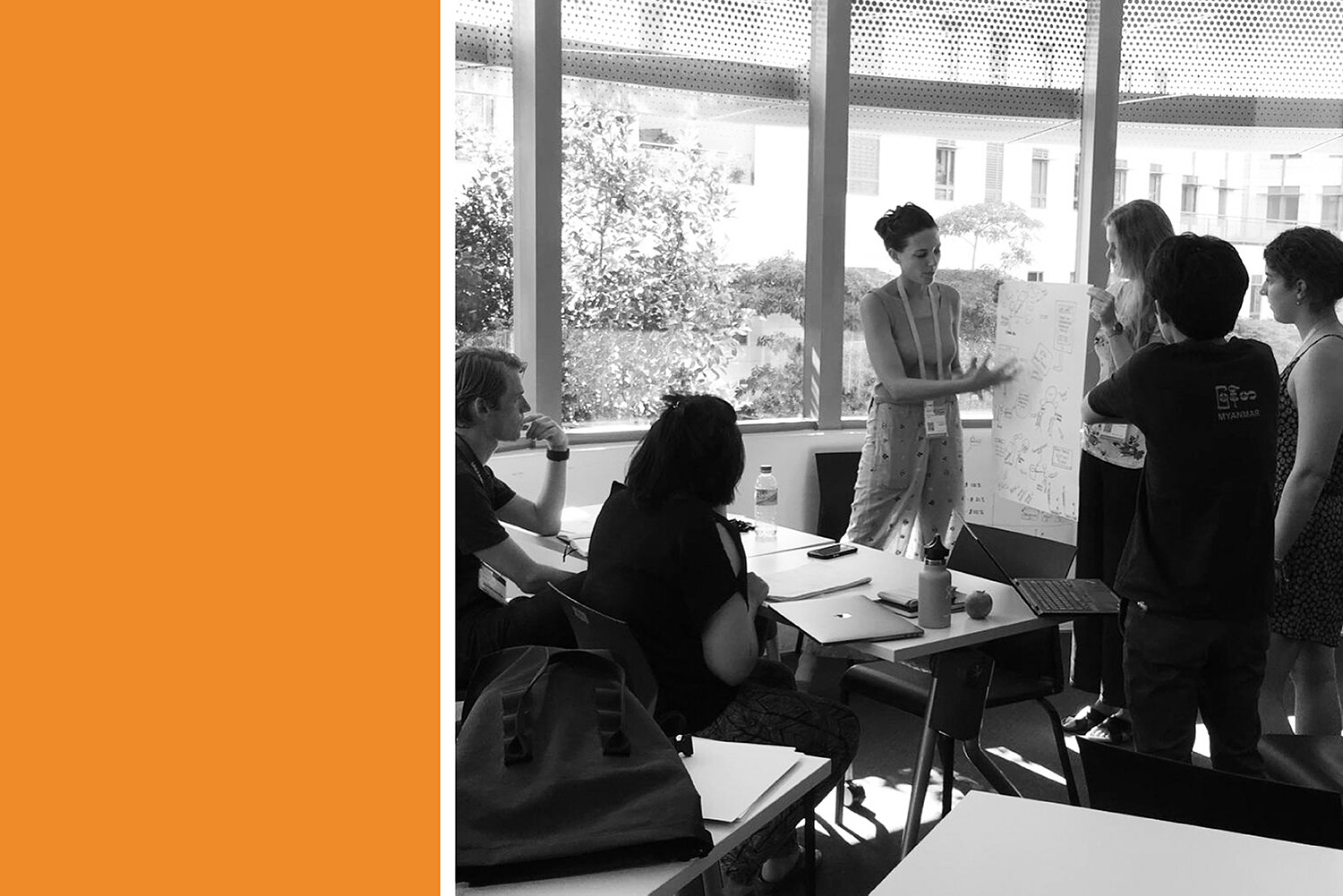With widespread global challenges such as climate change, conflict and inequality, organisations and corporations around the world are invited to think about the role and impact they have on both economy and society. For large companies, this is often reflected through corporate social responsibility (CSR) programs supplementing civil society groups and the nonprofit sector.
But let’s face it, CSR isn’t always designed to scale to have the capacity to solve these vast and deep-rooted challenges (perhaps favouring initiatives yielding increased publicity in the short-term) while nonprofits can be continually stifled by capital constraints. Team Raintree believes it’s crucial for organisations to consider the long-term resources required for them to continue doing the impact work they do. Moreover, corporates are beginning to acknowledge financial incentives to integrate social impact in their core business operations, a so-called ‘triple-bottom-line’. A recent study by Boston Consulting Group indicates that companies who perform most strongly on Total Societal Impact (i.e. companies that incorporate social metrics in their core business operations), demonstrate an increase in valuation by up to 19% and further increase their margin by up to 12.4% - all this while ensuring the longevity of their businesses.
Continuing this conversation, we chatted with our impact strategist friend Laura François. We asked her “How can we use business to drive increased social impact?”. Read on to discover her top 3 tips.
Meet Laura @ Raintree
With expertise in social enterprise and social impact strategy, Laura recently joined our professional community as a mentor to some of Cambodia's leading tech entrepreneurs in our latest social impact programme, She Loves Tech Cambodia. Tapping into her passion for design and drive for social change, over the last 10 years Laura has been working across the globe from Cambodia to Canada to enable startups, nonprofits and governments to maximize sustainability and use creativity in business as a force for good. She has helped over 25 startups launch in just two years as a mentor at The Bridge Fashion Incubator. Her work and independent projects have been featured on BBC World News, Forbes, Netflix and more (BONUS: If you want to discover how the clothes we wear have the potential to drive positive global change, watch her TEDx talk here!).
This year she co-founded The Spaceship Academy as a culmination of her experience to date - an online masterclass series designed to help entrepreneurs get tangible tools to build impactful enterprises.
Tip #1: Explore the problem system
Our entire planet is made up of systems. Even human bodies are systems comprised of complex parts. Adopting a 'systems thinking' mindset means we are exploring all the intricate parts of the problem from the perspective of all stakeholders in that system. How does the problem we are tackling relate to the government? To nonprofits? To the average citizen? Having a deep understanding of the system in play can finally make our brain understand what's beneath the surface, uncovering less obvious insights. This way, we can develop solutions that leverage the forces at work, reframing each problem as an opportunity.
Tip #2: Think about sustainability beyond the environment
Sustainability is central to creating impact through business - but it extends much further than simply thinking about environmental sustainability. Thinking sustainably means thinking long-term about scalability of the solution, about how to make money to sustain the business and even adopting a well-being mindset so you can sustain your efforts as an entrepreneur over time.
Tip #3: Think about your solution as a whole
Once we’ve figured out a single solution, designing how it comes into the world is just as important when thinking about creating a positive impact. If you were to create a reusable take-away cup using materials that were non-recyclable, energy intensive to produce and using manufacturers that were not transparent about their ethics - your reusable cup may be creating more bad than good in the long run no matter how good the intentions were! Identifying all the parts of the supply chain to explore how to maximize the common good through every step is key to ensuring we minimize any negative impact too.
The COVID-19 pandemic and associated challenges not only pauses the progress on solving social issues, but can rapidly deteriorate circumstances of the most vulnerable demographics in our community. Especially during difficult times like now, Team Raintree hopes that this sparks a dialogue that allows individuals and organisations to reflect, before turning our energies towards using business as a force for good.



